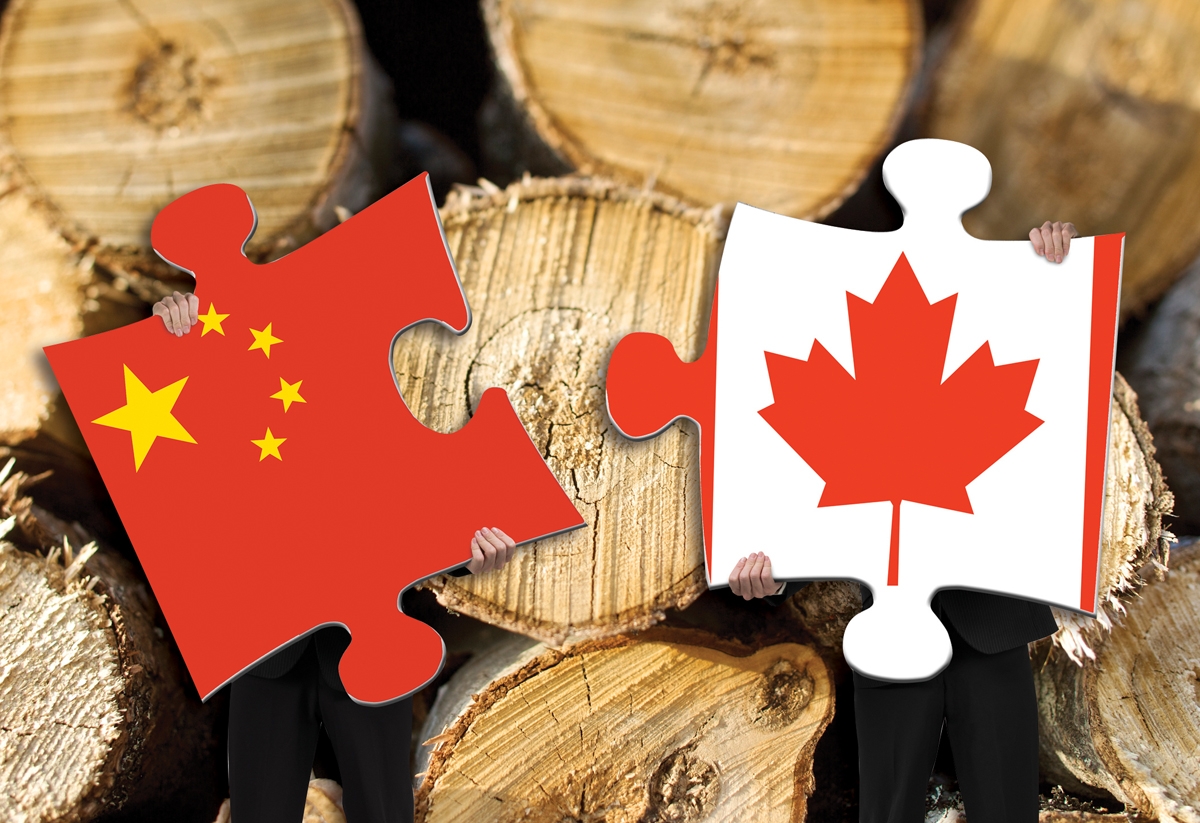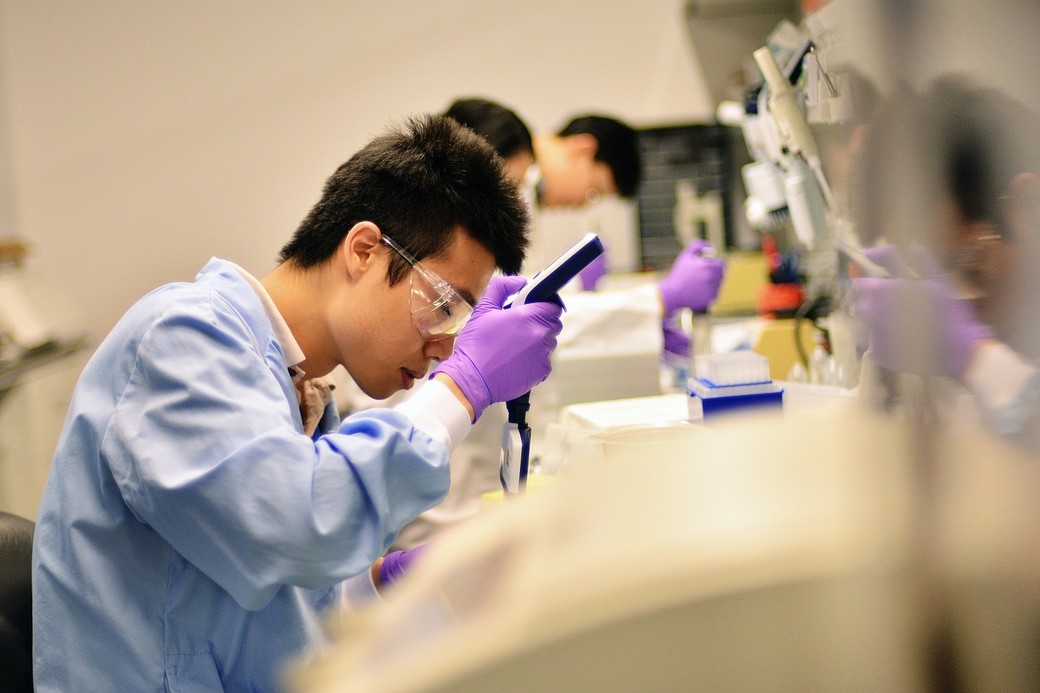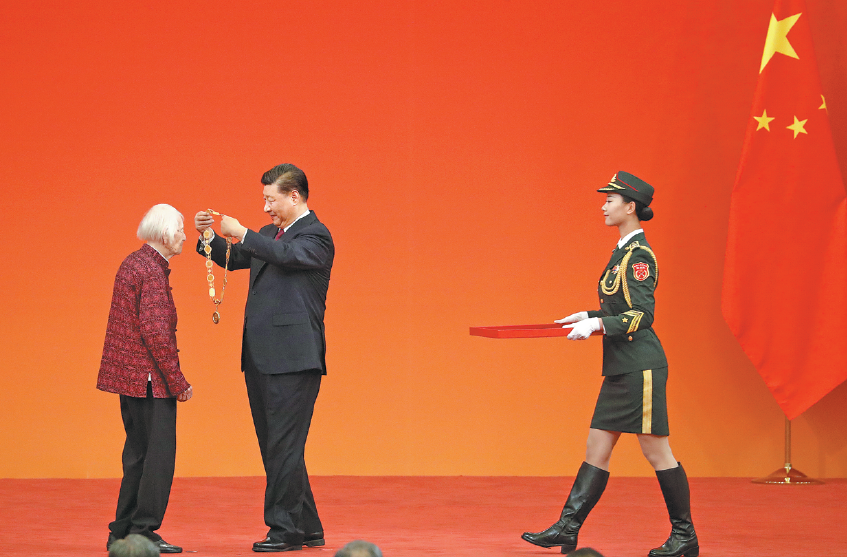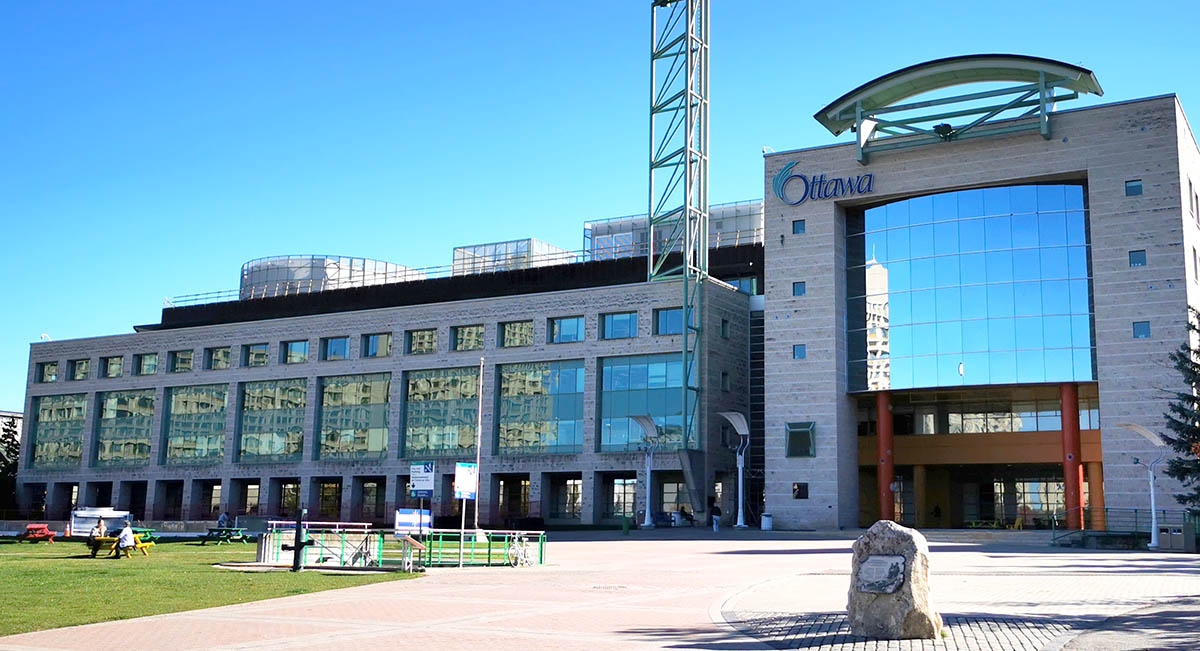
We Meet Again — Canada and China
In the spring of 2016, the first annual meeting between Canada and China’s respective foreign ministers took place and both countries expressed a desire to strengthen bilateral ties.
Now, just more than a year later, the two nations have met once again to evaluate their progress and look towards the future.
The annual event took place in Beijing, where Canada’s Minister of Foreign Affairs, Chrystia Freeland, and China’s equivalent, Wang Yi, met for discussions.
The two countries looked back at the past year positively: Freeland stated that maintaining strong ties with China are a “priority relationship for Canada,” and that “Canadians in general are proud of our long history of an independent and particular relationship with China.”
The Chinese embassy reports that Wang believes China and Canada should “maintain high-level exchanges and exchanges at other various levels promote the construction of a China-Canada free-trade zone and expand anti-corruption and law enforcement cooperation.”
Anti-corruption was among the chief talking points in August’s meetings. China wishes to open a new extradition treaty with Canada, something that was brought up as a possibility in last year’s meetings.
The introduction of this policy would make it easier for China to have corrupt officials returned to their country.
Wang said Canada has become a popular destination for Chinese officials who are trying to escape criminal charges, and the Chinese foreign minister believes this calls for an increase in cooperation between the two countries.
Reuters reported that the Chinese foreign ministry has suggested both countries must “take the joint fight against cross-border crime as an aim, and expand anti-corruption and legal enforcement cooperation.”
Currently, Canada refuses to deport individuals if there is a chance it results in executions.
The tone of the meetings was said to be cordial and productive, with both countries committing further to increasing bilateral trade, in addition to discussions on various global issues.
When two countries are shaped by different world views and philosophies, assets and challenges, dialogue is not necessarily easy, but the persistence in which China and Canada have engaged shows the importance and dedication to this relationship.
Wang noted that Prime Minister Justin Trudeau and Premier Li Keqiang visited each other within a month’s time, displaying an “urgent wish” to deepen cooperation between the two countries.
The 2016 meeting marked a notable turn in their relationship.
The meeting of Canada and China’s foreign affairs ministers was followed by talks between Trudeau, Li Keqiang and President Xi Jinping, with discussions focusing largely on economic issues.
Trudeau’s wife, Sophie Grégoire, also visited China to promote issues on women’s rights; while Finance Minister Bill Morneau had his first of — what was announced — would be annual meetings with senior Chinese officials.
Out of these discussions came a joint statement between the two countries, in which Trudeau and Li announced their plans to increase bilateral dialogue and double bilateral trade by 2025.
When compared to the extensive publicity that went along with last year’s meetings, 2017’s set of talks between Freeland and Wang have been accompanied by far less grandiosity.
Beyond Canada’s extradition policies, there has been little said about the specific talking points in these meetings. In fact, Freeland has yet to publicly detail what issues and topics were discussed
Nevertheless, these meetings re-affirmed the fact that both countries are committed to furthering their relationship on an economic, social and political level.









